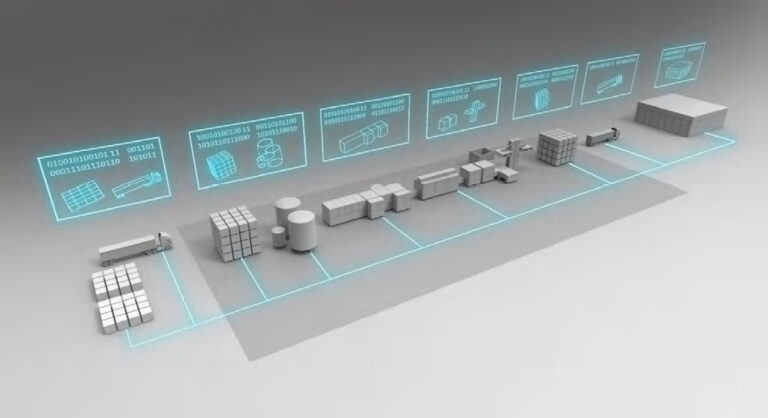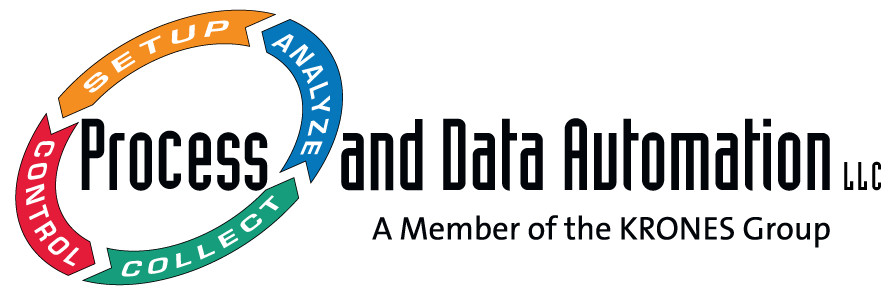Krones’ Line Management (LM) Software – A Solution Delivered Through International Collaboration

It is critical for multi-national software providers to capture feedback and integrate users’ information into their plans to achieve long-term success in a competitive landscape. International cooperation promotes cross-country knowledge sharing and enforces standardization and consistency to all product users. This model is especially effective when global software providers rely on regional teams to deliver and support complex technical solutions. Regular communication is key to planning and development efforts as well as for establishing product management and support activities.
Krones’ Line Management (LM) software is a prime example of a solution delivered through international collaboration. LM is a powerful solution used in high-speed packaging applications, particularly in the liquid food industry. As a central order management platform, it plans and schedules operations, manages machine routes per order, and optimizes changeovers between production runs—reducing transition time and minimizing idle equipment. LM also manages materials required per order and establishes a central data collection point for genealogy, providing traceability of materials to the batch level for any order.
LM is developed and maintained via the central Krones.digital software group in Germany, while deployment and support are managed by regional teams. In North America, deployment and support are provided by Process and Data Automation (PDA), a fully owned Krones subsidiary based in Erie, PA. PDA provides controls and data system integration services for clients throughout the region. Their work frequently includes the deployment of Krones.digital solutions like LM. PDA has an extensive history with peer groups and has seen the benefits that arise from the collaborative sharing of information among peers in similar technical roles.
PDA recently took the leadership role in the development of a worldwide LM peer group. Their solution specialists felt this would aid in delivering consistent quality to all their clients. “We’ve seen the benefits of peer-level collaboration in multiple instances in our history and our goal here was to implement this related to a product which our team uses every day,” says Eric Williams, Digitalization Manager at PDA. “In the case of LM, our team is responsible for delivery and support, but we’re not involved in product development. We felt it was imperative that teams in the field like ours have a mechanism to provide information back to the development teams. Moreover, we felt it would be a way for the groups to share their delivery experiences more closely so that we can provide better initial deployment and ongoing support to all our clients,” Williams continues.
Chaired by both PDA and Krones.digital, the LM peer group meets on a regular schedule, and it includes dozens of representatives from them as well as multiple delivery and support units from Europe. The group is also set to expand to include the China-based team and the remaining global subsidiaries. The group has found this to be an excellent way to remain actively engaged in product planning and the broader development roadmap. It has also proven effective in capturing the priorities and perspectives of implementers worldwide. During one portion of the two-hour, structured meetings, the group openly shares issues and best practices with a focus on using real instances for issue identification and resolution.
“We really wanted to build a better overall team by building awareness and connections across the global team. This unity reinforces that Krones.digital is more than just a marketing label,” says Mark Silka, Senior Solution Specialist at PDA. “We have established feedback loops, and the diverse perspectives are driving best practices among the teams throughout the globe. The development team is better informed about the collective worldwide perspective, and our field teams have a means to share unique ideas about testing, deployment, and support,” he continues. “This entire effort was established to aid in product and process development and that is occurring more tightly today as a result,” concludes Silka.
The LM peer group is now well established and provides value to both development and deployment teams, as well as clients worldwide. By incorporating feedback from diverse markets and encouraging integrated, cross-functional perspectives, the group enhances the overall user experience. It has helped eliminate disconnects between team members and product owners while improving solution adoption and customer satisfaction across regions.
